Comics Review: The 2025 Hugo Award Best Graphic Story Finalists, Part 1
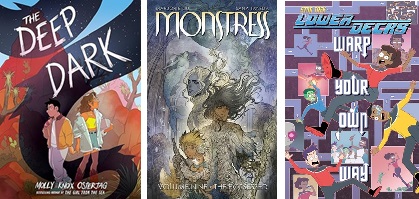
If we use the finalists for the Best Graphic Story Hugo as a proxy for broader recognition, then SFFH readers over the past eight years have absolutely been casting a wide net and looking at a tremendous, a truly impressive and inspiring range of comics and graphic novels, holding them up as award-worthy works that need and deserve to be read. And that very much includes this year’s finalists.
Comics Review: Indiginerds: Tales From Modern Indigenous Life
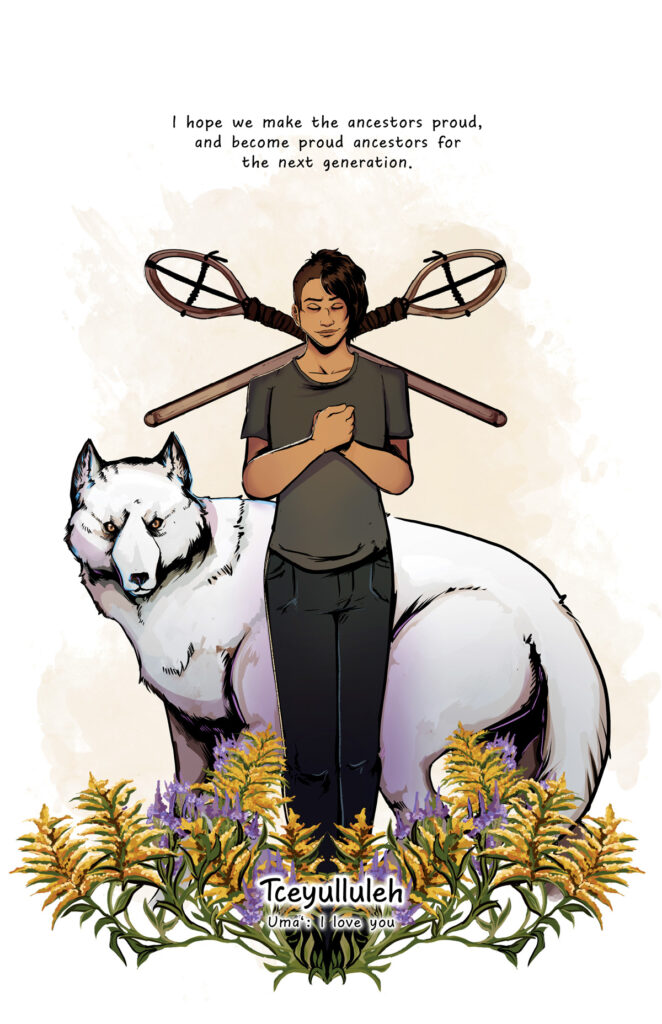
The representation of Indigenous people in comics and in SF&F alike has historically been … as someone who’s not Indigenous, I’m just going to say that my understanding is that on balance, and despite some notable exceptions, it’s been not great. Viewed most frequently through the understanding and expectations of white creators and readers, the depiction of Indigenous characters has often been profoundly stereotypical. And whether those stereotypes were entirely negative or partly positive, they were reductive and limiting. Of course, Indigenous people have always been telling their own stories, but which stories were able to reach a wider audience was heavily influenced by the expectations of, again, white publishers, reviewers, and readers – and that means that the works that broke through often focused on present or historical Indigenous trauma.
But Indigenous people are more than their pain. Indigenous creators shouldn’t have to perform pain to be considered worthy of our attention.
Comics Review: The Order of the Circle
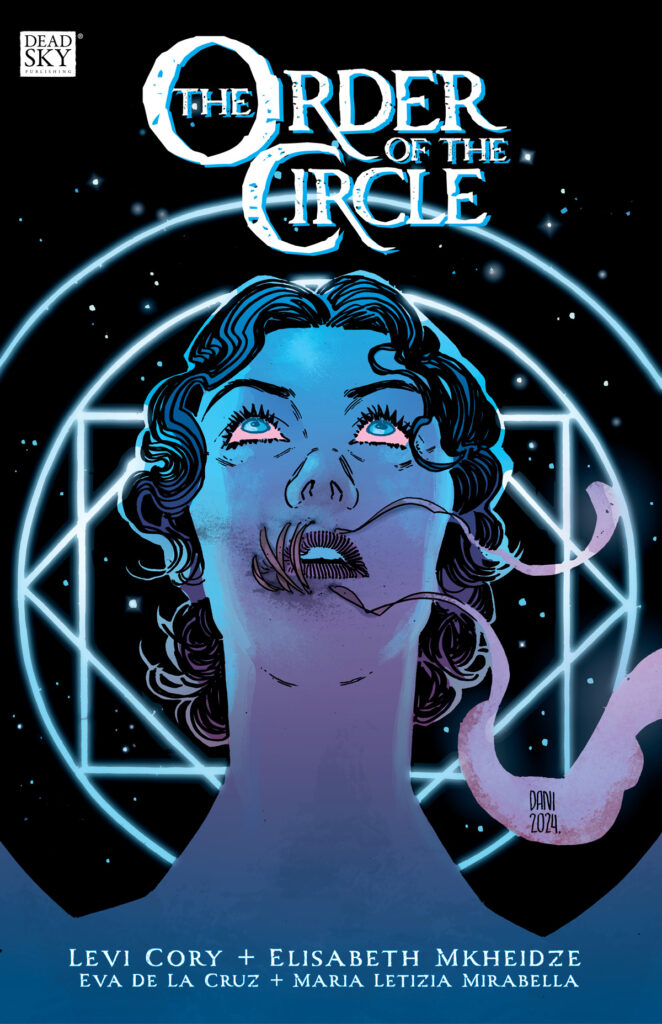
Elisabeth Mkheidze’s art is strong throughout. Characters are clearly delineated and distinct, and their emotional states are conveyed effectively through expression and body language. Some comics artists tend towards conveying intense expressions too strongly, and characters’ faces look like caricatures or theatrical masks as a result. This seems like a small point, but in a graphic novel with a protagonist who spends virtually all her time on the page some combination of furious, terrified, and grieving, it’s important.
Comics Review: DIE Volume 1 – 4
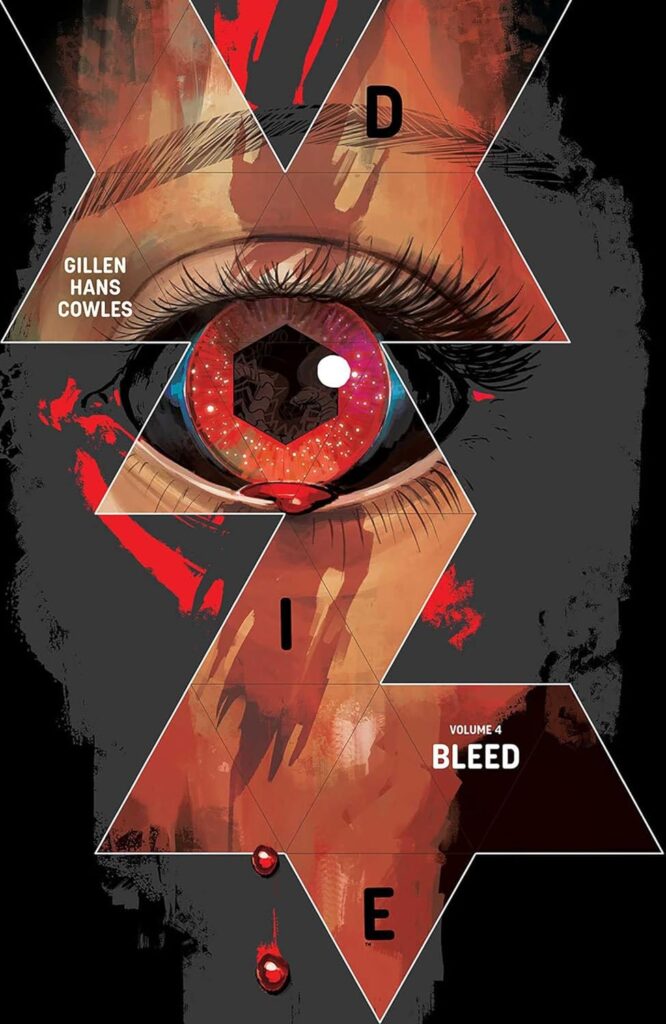
Although graphic novels and books sold well overall during the pandemic, with comic shops and book stores closed, discoverability and conversations around new books took a hit. Some amazing work was released without the fanfare it deserved. One of those was a remarkable 20-issue dark portal fantasy, since collected in four volumes. It asked what would happen if a group of teenagers was transported to the world of their table-top roleplaying game – and what would happened if, twenty-five years later, as traumatized, broken adults, they had to go back.
Let’s take a look at DIE.
Comics Review: MADI: Once Upon a Time in the Future
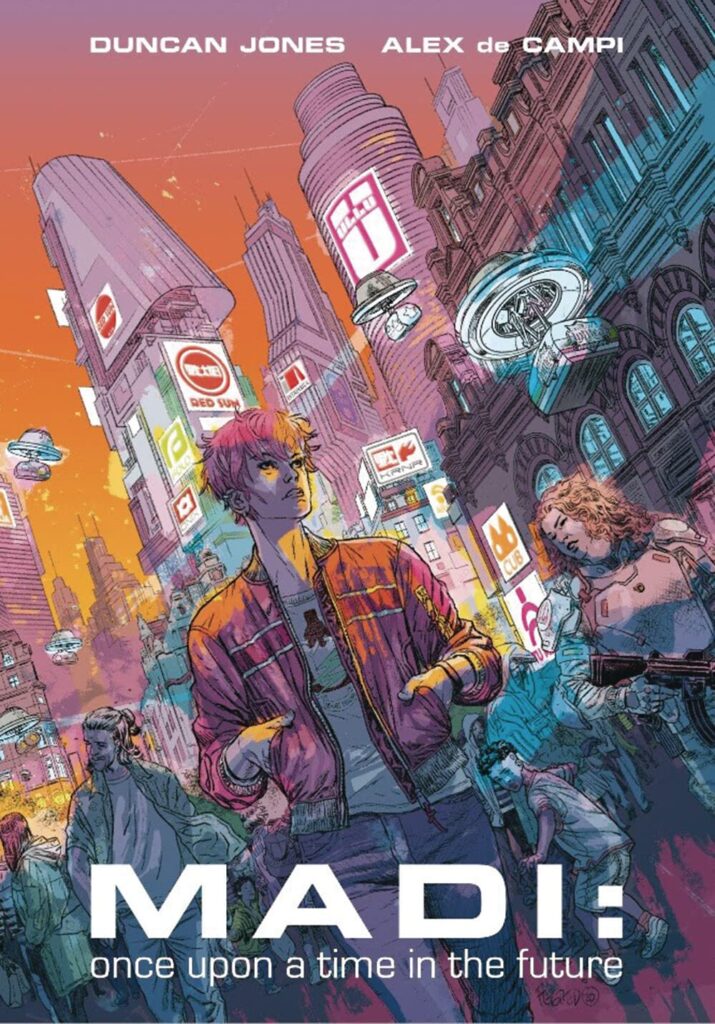
It’s probably not a great sign that as every major character in MADI appeared, I could tell exactly what niche each of them would fill in a cyberpunk TTRPG.
Comics Review: Penultimate Quest
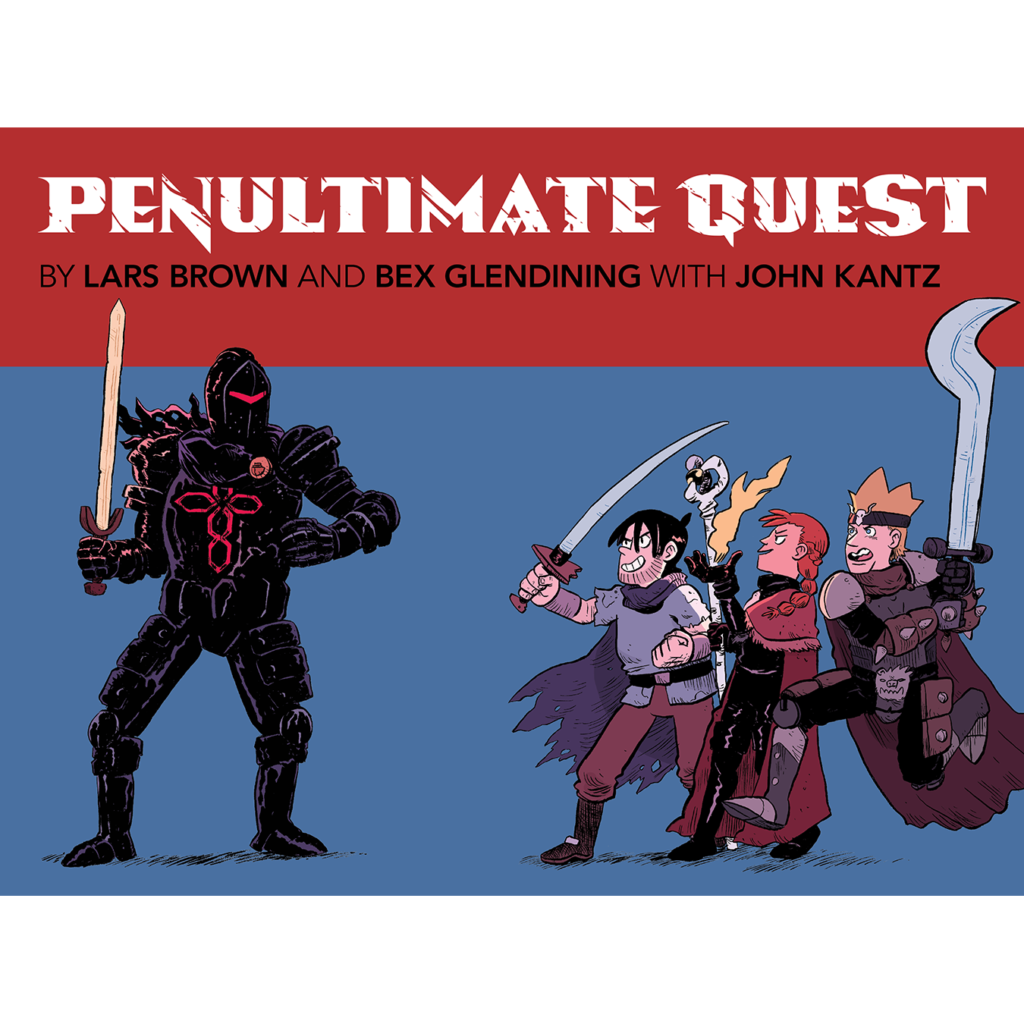
Let’s start with the element that surprised me the most: Penultimate Quest is absolutely not a comedy. Going in clean, with no more information than what’s on the front and back covers, I was expecting much more of a genre parody than actually appears. I could make a case for the book as satirical, but it’s not the ha-ha kind of satirical; while there’s genre deconstruction taking place, its expression is far more tragic than comic. This is not a “Mornin’ Ralph” “Mornin’ Sam” send-up of adventuring as a grind.

